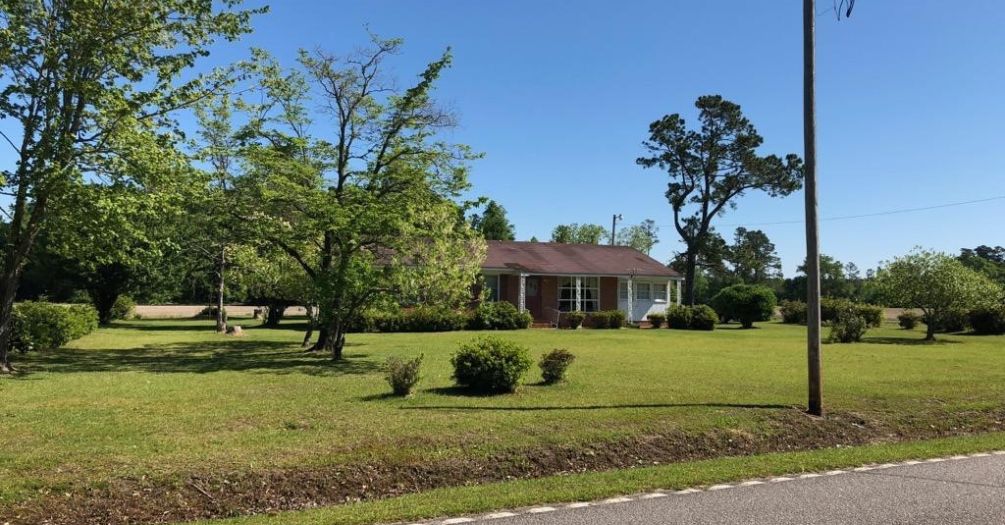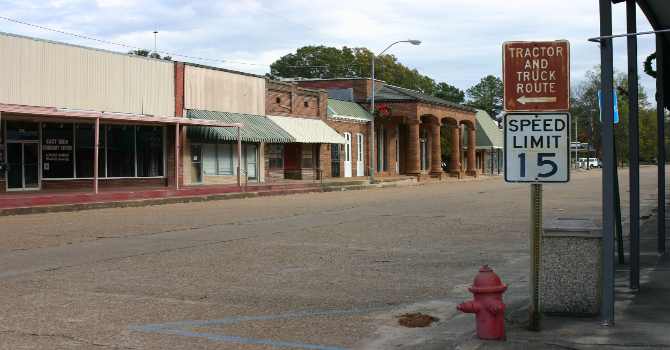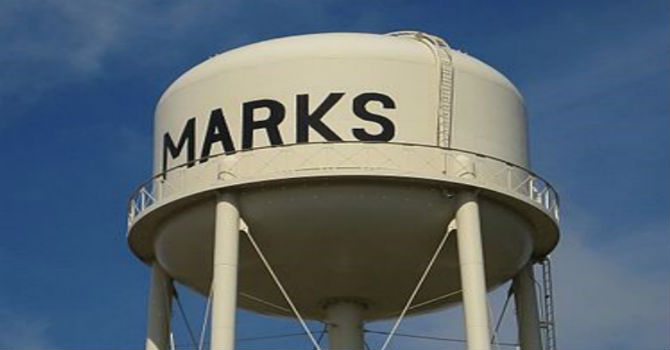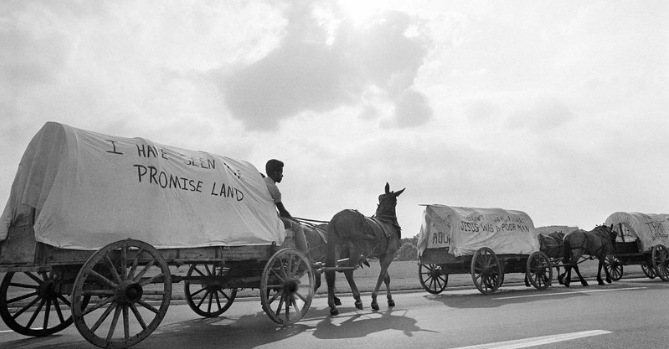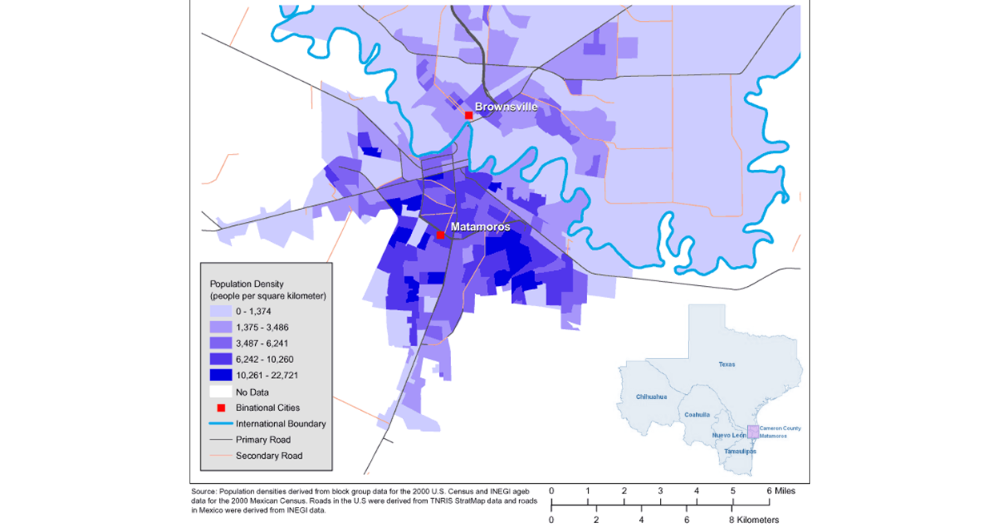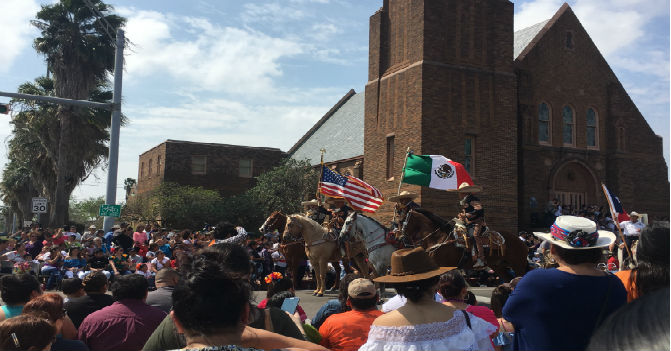Lead, Magnolias and the Blues
Kayla Hunter, HBHE and Urban Planning Student
June 11, 2019, Health Behavior and Health Equity, Lead, Mississippi, Practice, Urban Planning, Water Quality
I could not begin this reflection without first giving sincere thanks to the people
of Marks, the people of Lambert and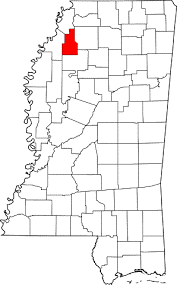 Darling, Mississippi, and last but not least the amazing team of dedicated residents,
professors, attorneys, demographers and more that coordinate the Lead in Drinking
Water Project.
Darling, Mississippi, and last but not least the amazing team of dedicated residents,
professors, attorneys, demographers and more that coordinate the Lead in Drinking
Water Project.
It’s our last night in Mississippi and the Blue Club below our room is open till 2am today. But the blasts from the live electric guitar performance below me fails to distract me from writing this reflection (surprisingly!). First thing I think about as I begin to reflect on this busy week are the connections this project has to the programs with which I am studying - urban planning and HBHE. So what about this week-long service trip working on a lead in drinking water project in the Mississippi Delta could have been connected to the field of urban planning?
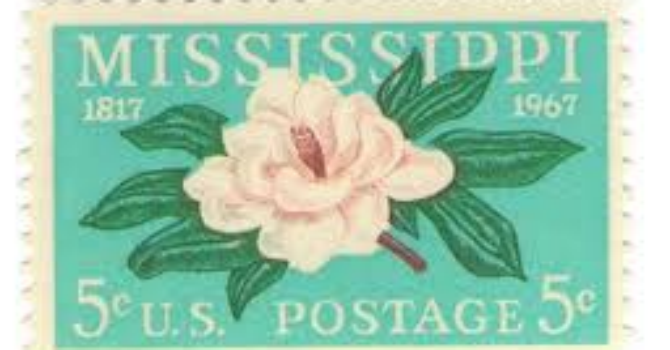 First things first… the project wouldn’t be remotely possible without expert knowledge
of the culture of Quitman County (our project site) from Ole Miss professors and Marks
Project leaders or the longstanding partnerships between academic, community and legal
organizations that pooled resources necessary to make this project happen. Knowledge
of economic drivers, agricultural practices, municipal responsibilities, local capacities
and town infrastructure were all critical to understanding the issues we aimed to
address. I am grateful for the unique opportunity to travel to rural Mississippi and
experience community engagement in small towns like Marks and Lambert. In addition,
having the chance to develop my own relationship with an interdisciplinary group of
students from diverse walks of life, interests and academic background that just may
foster in future partnerships.
First things first… the project wouldn’t be remotely possible without expert knowledge
of the culture of Quitman County (our project site) from Ole Miss professors and Marks
Project leaders or the longstanding partnerships between academic, community and legal
organizations that pooled resources necessary to make this project happen. Knowledge
of economic drivers, agricultural practices, municipal responsibilities, local capacities
and town infrastructure were all critical to understanding the issues we aimed to
address. I am grateful for the unique opportunity to travel to rural Mississippi and
experience community engagement in small towns like Marks and Lambert. In addition,
having the chance to develop my own relationship with an interdisciplinary group of
students from diverse walks of life, interests and academic background that just may
foster in future partnerships.
A few takeaways I wanted to leave with the reader before concluding.
- The important thing to remember about community work is that your job is to increase the awareness that facilitates the empowerment of a community made vulnerable by the systems that have failed them. Keeping this in mind, you just may become more light-hearted toward the work, toward your team and most importantly - the people.
- 99% of the time, you are bound to learn something when speaking with a resident. Listen closely every time.
- Despite the challenges, other students and I seemed to learn everyday about the towns of Marks, Lambert and Darling - it was easy to paint a picture of despair, hopelessness and sympathy for the neighborhoods. But it can help your spirits by looking at what makes these places beautiful like the magnolia trees or the hospitality of residents.
One thing that stuck with me was a response a woman made after she greeted us and someone from my group said “aww everyone is so nice”. She said laughingly “that’s the love in us!” This was a warm moment that stuck with me throughout the week I seldom felt when hearing about lead issues, crop dusting or poverty in Quitman County. When I think about the Delta, I will think of the love that we were shown (no matter how hot it was)! Until next time, Mississippi.

